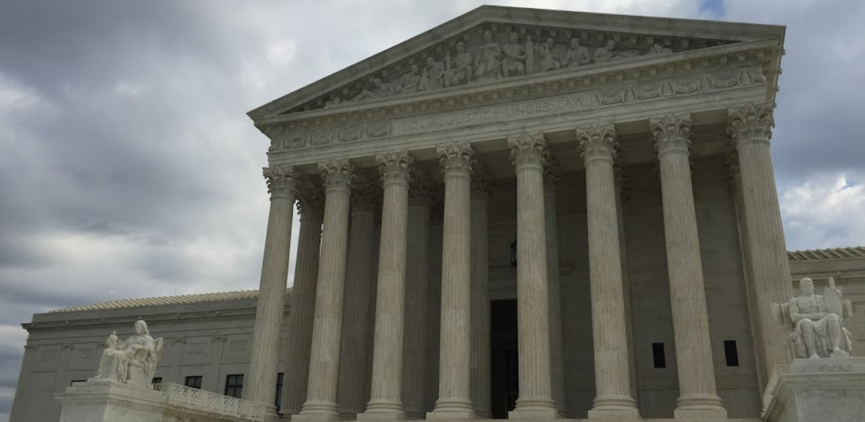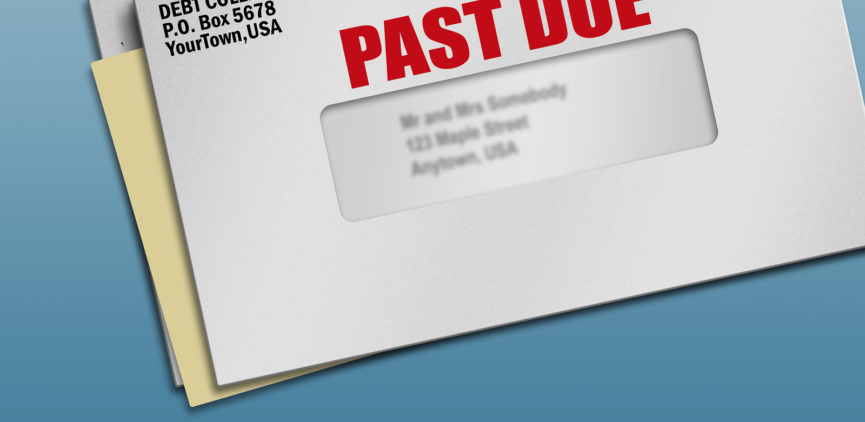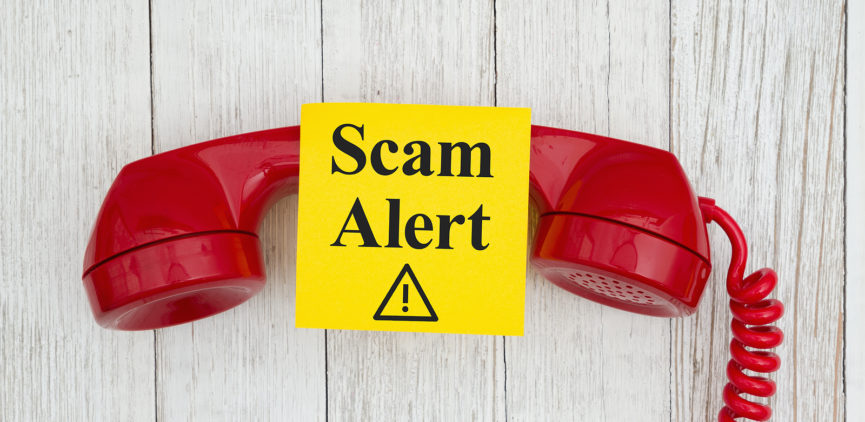How To Use The Fair Credit Reporting Act To Your Advantage
Using a credit card is easy — you use the card to buy things and then pay the credit card bill.
A credit card can sometimes be difficult, however, when dealing with your credit file. From a missed payment to a loan that isn’t yours that’s incorrectly listed on your credit report, there are all kinds of ways your credit score can drop. And not all of them are from something you did wrong.
Consumers have protections under the law regarding their credit reports — which is where credit scores and credit problems are listed for lenders to check before offering you credit. Errors on a credit report can drop your credit score, making it harder to get a loan, credit card, rent an apartment, or qualify for insurance coverage, among other things.
The main law that protects consumers from credit errors is the Fair Credit Reporting Act, or FCRA. Here are some of the rights you have under this law and how to use it to protect your credit:
View credit reports

Start by going to AnnualCreditReport.com to request your credit file online. Only use that website and don’t use a copycat site that charges fees for what should be a free service. You’ll need to verify your identity to get online access. You can also request your credit file through an automated phone system or the mail.
The FCRA applies to all consumer reporting agencies. You can also look at reports from other consumer reporting agencies that collect noncredit information about you. These include rent payments, insurance claims, employers and utility companies. The Consumer Financial Protection Bureau lists the reporting companies and how to request a free report from each.
Check your credit score
The law allows you to request a credit score, though it’s legal for credit agencies and other businesses to charge you a fee for this service. Some credit cards provide scores for free, so check with your credit card issuer first.
A credit score isn’t the same as a credit report. Information in a credit report determines a credit score, and each credit bureau can use a different scoring model that requires it to provide different information. You have different credit scores, depending on which factors are weighed more heavily.
Monitoring your credit is vital. Make sure that you review your credit report for any inaccuracies.
Know who can view your credit report
The FCRA doesn’t allow a credit reporting agency to share your credit file with someone who doesn’t have a valid need. Some inquiries, such as from a potential employer or landlord, require your written consent. And, they can only check your credit report, not your credit score.
The credit reporting agencies can share your credit report for legitimate reasons, such as when you’re applying for credit, insurance, housing or with a current creditor.
Disputing errors
Getting a credit report in your hands can lead to all sorts of eye-opening concerns. Anything that’s listed as negative should be checked for accuracy. Here are some things to look out for:
Eviction that wasn’t legal.
Creditor listed that you didn’t have an account with.
Loan default.
Wrong name.
Wrong address.
Wrong Social Security Number.
Incorrect loan balance.
Closed account reported as open.
A loan you didn’t initiate.
Some errors may be simple to resolve and others you may need to do more research on before disputing them to ensure they’re incorrect.
For example, you may not recognize the name of a creditor and assume you don’t have an account with them. But it may just be a store credit card you recently applied for that is listed by the issuing bank’s name. Or maybe a home or auto loan was sold to a new loan servicer.
Other errors could be reason to suspect identity theft, or there could just be wrong information that’s bringing down your credit score.
If you suspect identity theft, such as someone taking out a credit card in your name, then file a police report and report it to your credit card company and the credit reporting agencies.
To dispute erroneous information, use certified mail to send the credit bureau a letter and copies of documents explaining the error. If a loan still shows an outstanding balance and you have written proof that it was paid off, for example, send a copy to the credit agency.
The Federal Trade Commission has a simple sample letter to dispute errors on your credit report.
Credit agencies have 30 days to investigate and respond to your dispute, unless they deem it frivolous.
If it corrects an error, it must send you a free copy of your credit report through AnnualCreditReport.com so you can see that the corrections have been made.
A time limit to negative information
The FCRA doesn’t allow credit bureaus to report negative information that’s more than seven years old, though it allows some forms of bankruptcy to remain on a credit report for 10 years.
There’s also a time limit for positive credit information such as on-time payments and low balances — up to 10 years after the last date of activity on the account.
Rejections based on credit report
If your application for credit, job, insurance or housing has been denied because of information in your credit report, the law gives you the right to know this information.
The landlord, employer or other entity that denied your application must notify you and give you the name, address and phone number of the credit reporting agency that provided the information.
The FCRA allows you to get a free copy of your credit report from that reporting agency within 60 days of the action against you. That’s in addition to the three free credit reports allowed annually.
To best deal with a potential rejection ahead of time, it’s smart to check your credit report before applying for credit, rental unit or related use of your credit report and check it for errors. Give yourself enough time to fix them.
Go to court
If these actions or a complaint with the CFPB doesn’t resolve your dispute, you may be able to sue for damages in state or federal court. You can sue a credit reporting agency or related parties for violating any of the above rights.
However, it’s worth knowing that your right to legal action doesn’t start until after the creditor or credit reporting agency has been notified of an error and has a chance to fix it. In other words, you’ll only be awarded damages if the adverse action happened after you reported the error.
So if you didn’t get approved for a mortgage because of a mistake on your credit report, it’s unlikely you’ll be compensated for losing out on the house if you lost out on it before reporting the mistake.
The post How To Use The Fair Credit Reporting Act To Your Advantage appeared first on Better Credit Blog | Credit Help For Bad Credit.
Read more: bettercreditblog.org









